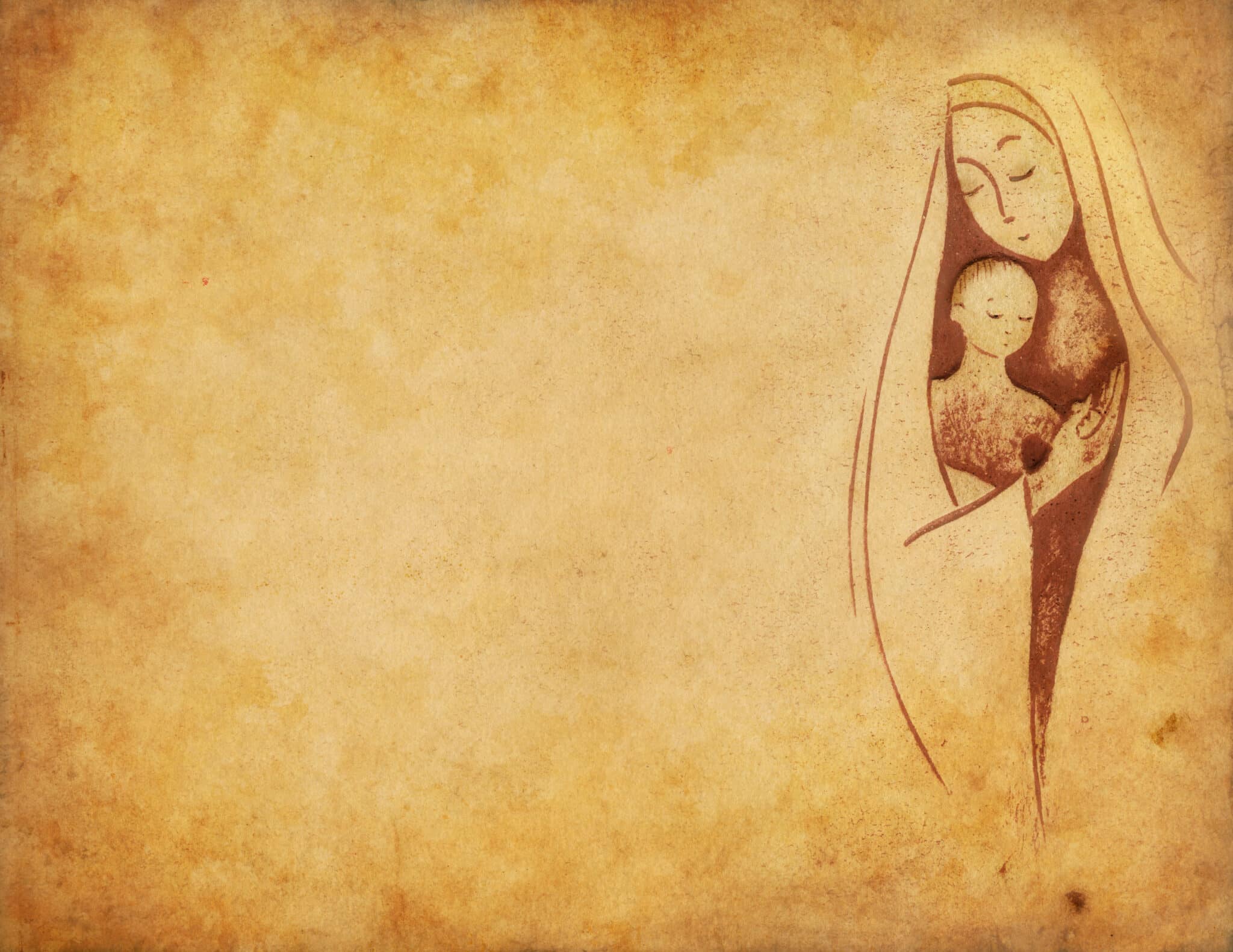“As the deer longs for streams of water,
So my soul longs for you, O God.”
(Psalm 42:2)
Whenever I hear the opening verse of Psalm 42, I feel an inner longing for God. The words express for me a contemplative yearning to be one with the God who created me and who is my true home.
I think of the famous words of St. Augustine near the very beginning of his great spiritual classic, The Confessions: “You have created us for yourself, O God, and our hearts are restless until they rest in you.” In the Bible, streams of water sometimes symbolize God. Think of the prayerful person described in Psalm 1 who meditates on God’s law day and night: “He is like a tree planted near running water” (Psalm 1:3).
Not a Psalm of Easy Faith
This is not, however, the drift of the psalmist’s reflections in Psalm 42 and 43. Yes, the psalmist apparently feels a desire to experience God in his heart. But the psalmist is in a totally different psychological space. In fact, the psalm composer feels very remote and isolated from God. The psalmist is in exile north of Palestine. He is downcast and depressed because he is far from Jerusalem.
Jerusalem represents a happier time and place, where he recalls walking “in procession to the house of God” along with a joyful crowd of worshipers (see Psalm 42:5).
Those were the days when he could feel God’s presence inside the Temple and in the fellowship of his friends. Now he is surrounded by foes who do not at all support his trust in God.
Hold On to Hope
There are three parts to Psalms 42-43. Each of the three stanzas ends with the same words of hope. The words reveal that the psalmist is rising above the taunts of his enemies: “Why are you downcast, O my soul…? Hope in God for I shall again be thanking him, in the presence of my savior and my God.” In each case, the psalmist tries to hold on firmly to the future hope in God’s saving presence.
Now, let’s reflect on this psalm’s theme of human longing for God from the perspective of Jesus’ teaching. Let’s begin by listening in on Jesus’ conversation with the woman at the well. I have always been fascinated with this little episode from John’s Gospel because of the thirst-and-water symbolism at work (4:4-26).
Jesus explains to the woman why she should have come to him for a drink: “Whoever drinks the water that I shall give will never thirst; the water that I shall give will become in him a spring of water welling up into eternal life” (4:14).
It is our Christian belief that when Christ, the Incarnate Word, came to dwell among us, we entered a whole new era of God’s saving presence in our world. It’s a presence that no longer relies on a visible Temple. Referring to Christ’s birth and quoting from Isaiah, Matthew refers to Jesus’ name as “‘Emmanuel,’ which means ‘God is with us’” (Matthew 1:23). At the end of Matthew’s Gospel, moreover, the risen Jesus tells his disciples: “And behold, I am with you always until the end of the age” (Matthew 28:20).
We also believe that through the Eucharist and other sacraments God’s presence among us is celebrated and nurtured. And our great longing is satisfied. We think of Jesus’ words: “Remain in me as I remain in you. Just as a branch cannot bear fruit on its own unless it remains on the vine, so neither can you unless you remain in me” (John 15:4).
Understanding Psalm 42
Psalms 42 and 43 constitute one single poem of lament with three stanzas, each ending with the same refrain (42:6,12; 43:5). The psalmist is beset within and without. Within, God seems very faraway (a “dark night of the soul”). Without, the psalmist experiences the mockery of others who ask daily, “Where is your God?”
In the deepest sense, the psalmist cannot live apart from God, who is water in the desert (42:2) and light in the darkness (43:3). In the journey to God, lament, longing, remembrance, petition and confidence are all mixed together.








